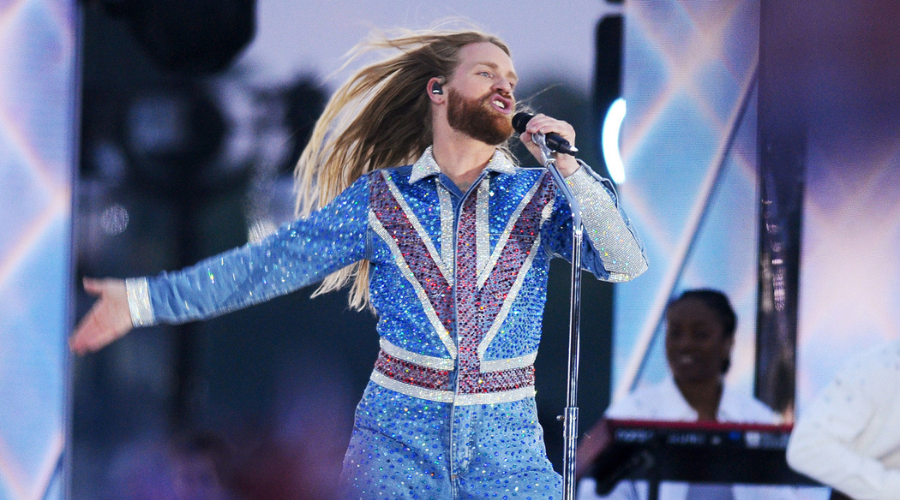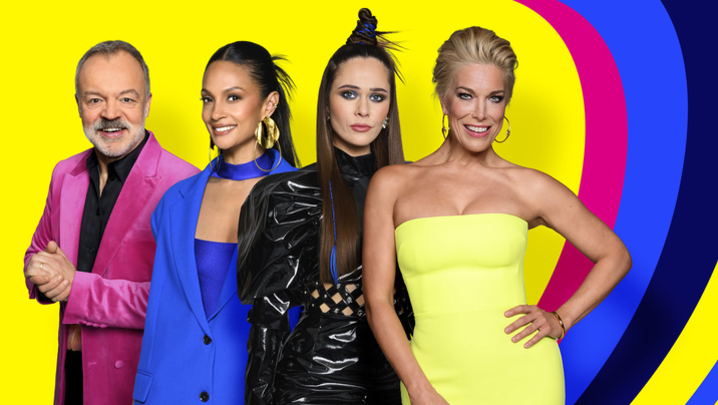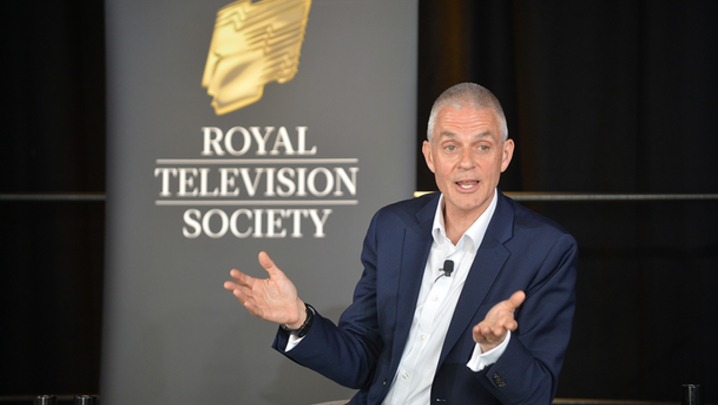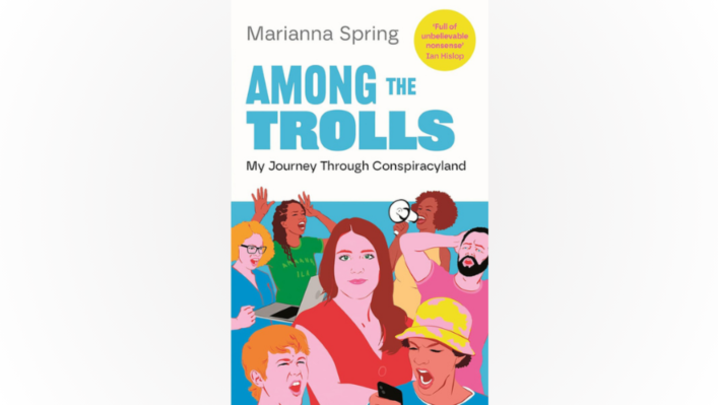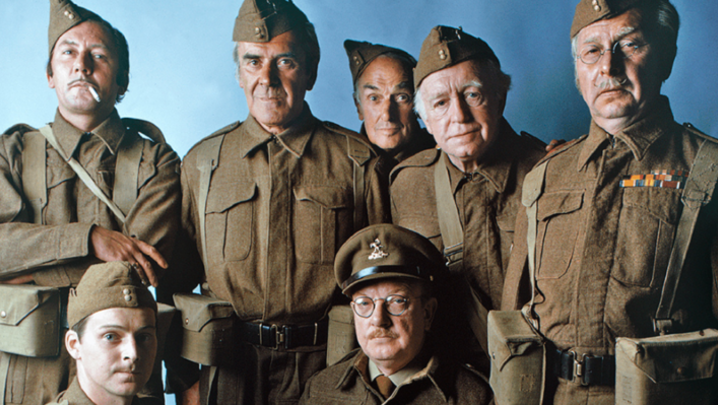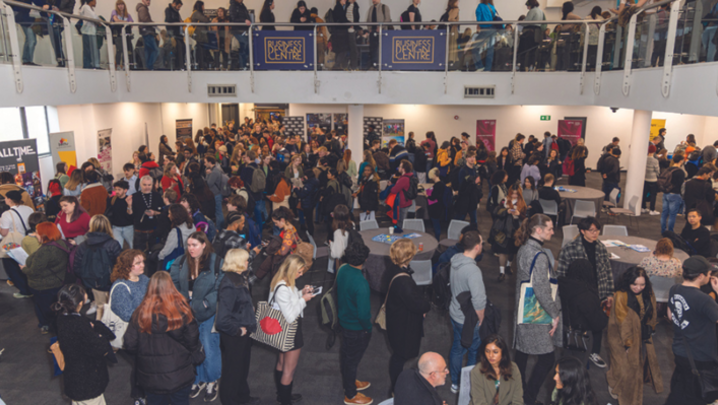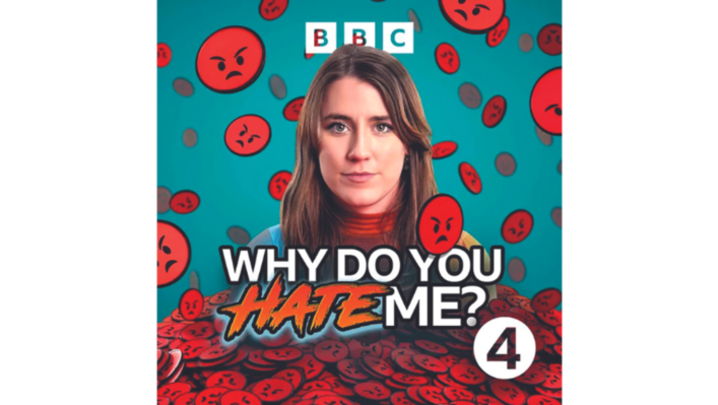After Sam Ryder’s near triumph, can the UK top the leaderboard in Liverpool? The RTS learns how to win Eurovision
Last October, the BBC and the European Broadcasting Union chose Liverpool – standing in for war-torn Ukraine, the 2022 winners – to host this year’s Eurovision Song Contest.
UK entry Sam Ryder, singing Space Man, came a strong second last year. Without the sympathy votes cast for Ukraine’s admittedly decent song, the long-haired Essex lad may even have won.
This was a remarkable reversal of recent Eurovision fortune, when the UK entry has generally been closer to nul points – last achieved by James Newman with Embers in 2021 – than the top of the leaderboard.
In fact, we need to go back 25 years to the time of Britpop, cool Britannia and Tony Blair to find a UK winner – Katrina and the Waves singing Love Shine a Light.
The BBC is going big on Eurovision, broadcasting both semi-finals on BBC One in the run-up to the final at the Liverpool Arena on 13 May. As it should – last year’s final was watched by more than 160 million people live around the world. In the UK, it was the second-most-watched live entertainment programme of 2022, pulling in an audience of 8.9 million on the night, behind only Platinum Party at the Palace, at which Ryder also performed.
Last month, a packed RTS London event at Oxford Street’s legendary music venue The 100 Club assembled a panel of Eurovision fanatics to discuss just what it takes to win Eurovision.
It is easy to mock recent UK efforts, Ryder excepted, but winning Eurovision isn’t easy. Unlike, say, the Premier League, which is dominated, year in, year out, by the same teams, Eurovision is a wide-open contest.
Twenty-seven countries have triumphed since the first contest in 1956, with Ireland racking up the most victories, seven. The UK has five: Sandie Shaw, Lulu, Brotherhood of Man, Bucks Fizz and the previously mentioned Katrina and the Waves.
Tribute act Abalicious began the evening, belting out Abba’s 1974 winning song, Waterloo, before Steve Holden, host of the EBU’s The Official Eurovision Song Contest Podcast, asked: “What did we do right last year?”
“We had a fabulous joy to our artist, who was a great British ambassador. He was humble and kind,” said Paddy O’Connell, Eurovision fan and irreverent presenter of BBC Radio 4’s Sunday morning current affairs programme Broadcasting House. “And he had 8 million TikTok followers.”
Before the Covid-19 lockdowns, Ryder had been working as a wedding singer but, after posting his music covers on TikTok, he caught the attention of the likes of Elton John and ended 2020 as the most-followed UK artist on the platform.
SuRie, the singer-songwriter who represented the UK at Eurovision in 2018, reckoned “authenticity” was the key to Ryder’s success. The song and performance “were true to Sam and true to his artistry”.
Chris West, author of Eurovision! A History of Modern Europe Through the World’s Greatest Song Contest, described the anthemic Space Man as “three minutes of magic”.
Holden said that his and many Eurovision singers’ favourite all-time winner is Sweden’s Loreen, who triumphed in 2012 with the Euro banger Euphoria. “There’s something so captivating about the performer, the song and the TV design, that it’s impossible not to be drawn into it – she creates a world for three minutes,” reckoned SuRie.
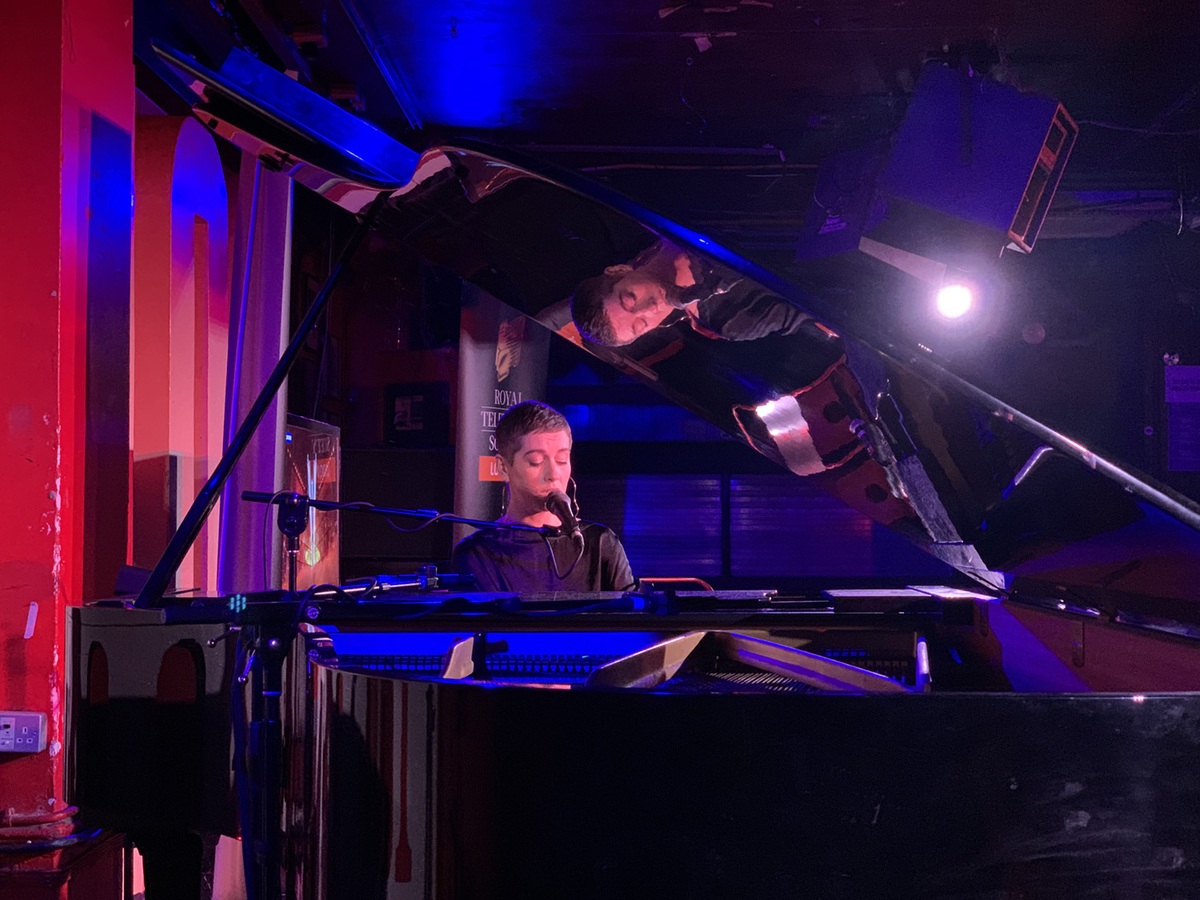
Her Eurovision experience extends beyond her 2018 appearance in Lisbon, which saw the singer’s performance disrupted by a man who ran on to the stage, grabbed her microphone, and proclaimed: “Nazis of the UK media, we demand freedom.”
She was also a backing vocalist and dancer for Belgium’s 2016 entry and musical director for the same country a year later, which came fourth.
SuRie finished well down the leader board in Lisbon, but said: “I feel like I won in many ways, not from a voting point of view. As a performer, to be on that stage representing your country, which you are so proud of for all our faults and foibles and fuck-ups, is an absolutely incredibly thing.”
Holden argued that there are three key elements to winning Eurovision: “The song, the performer, the performance.”
West said Eurovision was now “slap bang in the middle of a golden era” of songs. And he identified a current “tremendous” trend for songs in native languages. “[I think] five of the past six winners have been in their native languages, and this is after years and years of people almost always doing it in English.
“There’s also a trend towards people writing their own songs winning, which is great, because authenticity is very important.”
Was there a secret to penning a winner? “Trying to write for Eurovision in my experience doesn’t necessarily come out with the healthiest results,” argued SuRie. It was better to concentrate on simply writing a good song.
She did, though, approve of Eurovision’s three-minute limit on songs – “otherwise we’d be warbling for ever” – and she added: “Don’t bore us, get to the chorus.”
Later in the evening, SuRie sang a short set, including a spine-tingling version of Ryder’s Space Man. Abalicious then ran through Abba’s greatest hits, including the glorious disco stomp of Gimme! Gimme! Gimme!.
Discussing classic Eurovision performers, O’Connell said: “I want to work them like a pit pony… I want them to be talented, but I want them to work very, very hard.… They’ve got to have a love, like Sam had, for music.
“Sam told me [at Eurovision last year], ‘Just think what the UK can do now.’ Now that we’ve taken the stigma away, now that we’ve come out of the closet after 25 years, just think who can follow. Just send an authentic artist, put professional people behind them and remember it’s a TV show. Trust the artist – let them sing from the heart.
“In the last 25 years, the UK did not take Eurovision seriously enough.”
He continued: “It was in an awful wilderness.… The turning point has happened and the British now see it in a different way. There’ll always be people who think it’s rubbish and, actually, large parts of it are rubbish but… it’s a very important TV show.”
West added: “It has suddenly, in the last few years, become a global music event that really does matter – it can make careers.
“In 2012, [with] Loreen, the quality was upped.”
Yes, Eurovision is a song contest, but it’s also the campest thing on the telly. A clip of the UK’s 2007 entry, Flying the Flag (for You) by bubblegum pop act Scooch, reminded the audience of its awful lyrics, liberally dosed with sexual innuendo, including: “Would you like something to suck on for landing, sir?”
“I love men singing about oral sex as much as anyone else [but] it came second last,” said O’Connell. Only two nations, Malta and Ireland, gave the song any points at all, and both were well known for favouring UK acts at the time.
Most ridiculous of all, and perhaps the epitome of Eurovision, was Poland’s 2014 entry, My Słowianie (We Are Slavic) featuring a woman dressed in traditional costume, recalled O’Connell, performing “simulated sex with a butter churner, which, I think, is appropriate to Eurovision”.
Report by Matthew Bell. ‘How to win the Eurovision Song Contest’ was an RTS London event held at The 100 Club on 13 February. The producers were Phil Barnes and Damien Ashton-Wellman.

